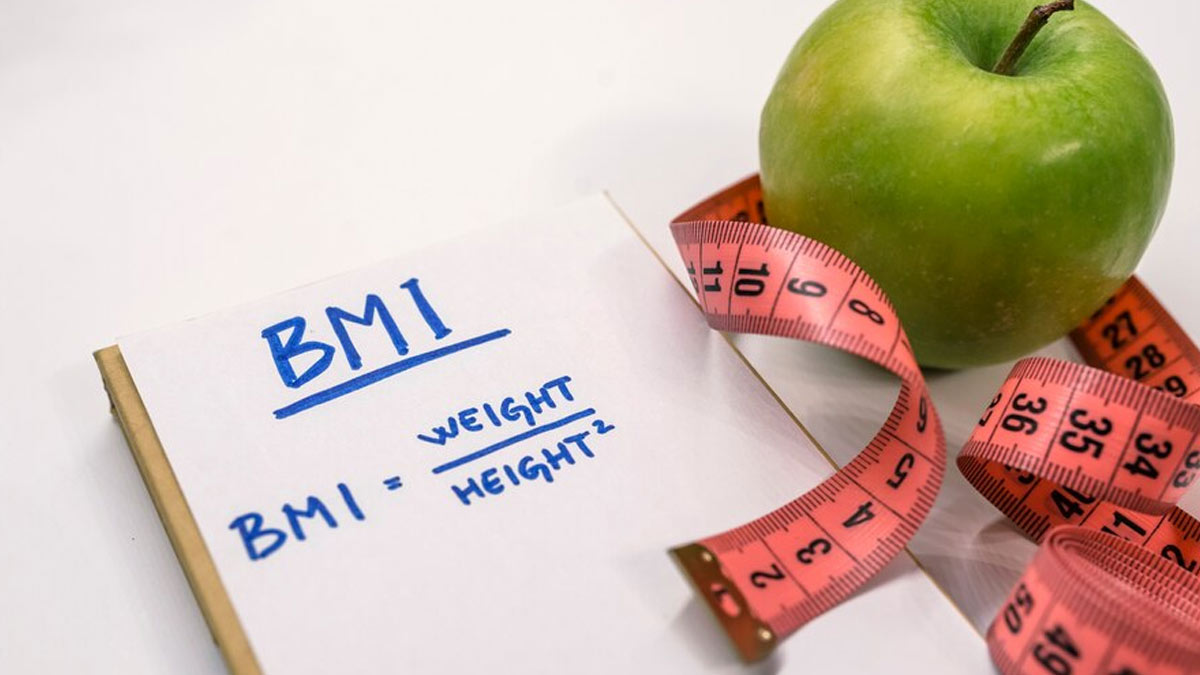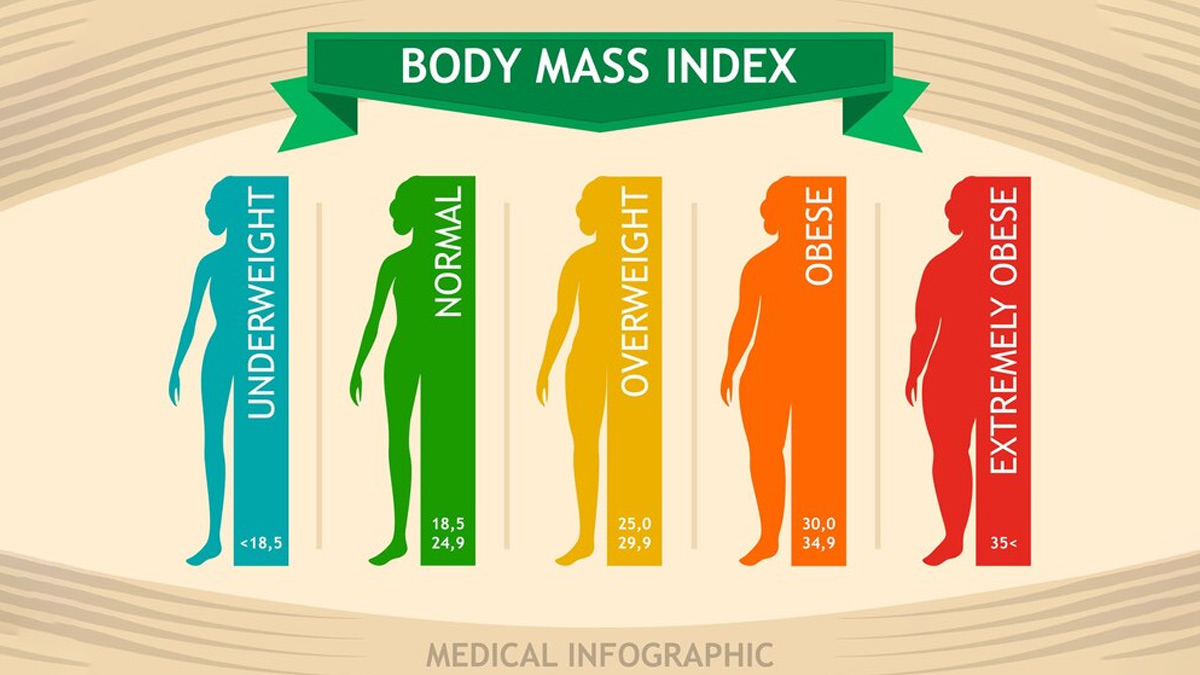
Body Mass Index (BMI) has long been used as a standard measure to assess whether an individual is underweight, normal weight, overweight, or obese. However, when it comes to certain populations, such as us Indians, relying solely on BMI may not provide an accurate picture of our health status. Talking to the OnlyMyHealth team, Dr Rajiv Kovil, Head of Diabetology, Zandra Healthcare and Co-founder, Rang De Neela initiative shared why, and better metrics to measure overweight and obesity in India.
Table of Content:-
Is BMI A Good Indicator Of Obesity?
Dr Kovil shared that there are many metrics to check for obesity, out of which BMI is one where a person’s weight is divided by height in meters square, and the resulting number is the BMI score. The National Heart, Lung, and Blood Institute provided an easy way to Calculate Your Body Mass Index.
However, BMI “may not be right for Indians as most of them are metabolically obese. This means that their weight may not be much but they have a higher fat content or fat deposition in localised areas of the body instead of the muscles.”
“Most of the time, when we check people who normally look lean, turns out they have a much higher body fat percentage. This is because most of the fat in our body is stored in the abdominal area in Indians,” he added.

Here are the reasons why BMI may not be the best indicator to check obesity in India:
Ethnic Differences
BMI calculations are based on general population data and do not account for ethnic variations in body composition. Indians, for example, tend to have higher body fat percentages compared to individuals of European descent with the same BMI. This means that an Indian person with a ‘normal’ BMI may still have a higher risk of obesity-related health issues.
Body Composition
BMI does not distinguish between fat mass and muscle mass. This is particularly problematic for Indians who often have a higher proportion of body fat and lower muscle mass compared to other populations. As a result, a person with a healthy BMI may still have excessive fat deposits, increasing their risk of metabolic disorders.
Waist Circumference
Waist circumference is a better indicator of abdominal obesity and associated health risks than BMI alone. Indians, especially those with South Asian ancestry, are prone to central obesity, which is not accurately captured by BMI measurements. Even individuals with a normal BMI can have elevated waist circumferences and an increased risk of metabolic syndrome.
Also Read: Link Between Obesity and Mental Health in Children

Health Risks
Relying solely on BMI to assess obesity-related health risks can lead to misdiagnosis and inadequate interventions. Many Indians may fall into the "normal" BMI range but still experience cardiovascular problems, diabetes, and other obesity-related complications due to their body composition and fat distribution.
Better Way To Calculate Obesity Than BMI
Dr Kobil recommended waist circumference as a “better parameter than BMI, especially for Indians. This is the simplest way because abdominal obesity is predominant in Indians, despite them being overweight or thin.”
- He further shared that there are other processes for body composition analysis which can reveal the exact percentage of fat in a person’s body:
- Body Fat Percentage: Use methods like bioelectrical impedance analysis (BIA) or dual-energy X-ray absorptiometry (DEXA) to determine body fat percentage, which provides a more accurate assessment of obesity than BMI.
- Clinical Assessments: Conduct comprehensive clinical assessments, including blood tests for lipid profiles, glucose levels, and other markers of metabolic health, to evaluate obesity-related risks.
While BMI serves as a convenient screening tool, it should not be the sole determinant of obesity or overweight status, especially in populations like Indians with distinct body compositions and health risks. By adopting these approaches, people can be better aware of their obesity status, leading to better health outcomes and reduced burden of obesity-related diseases in India.
Also watch this video
How we keep this article up to date:
We work with experts and keep a close eye on the latest in health and wellness. Whenever there is a new research or helpful information, we update our articles with accurate and useful advice.
Current Version
